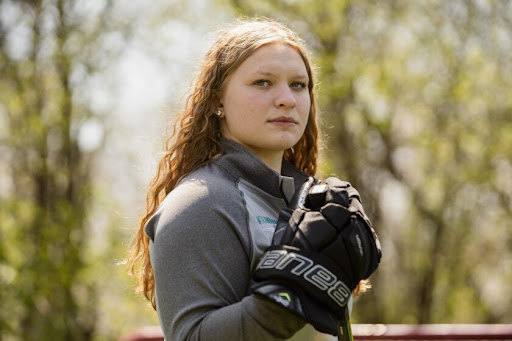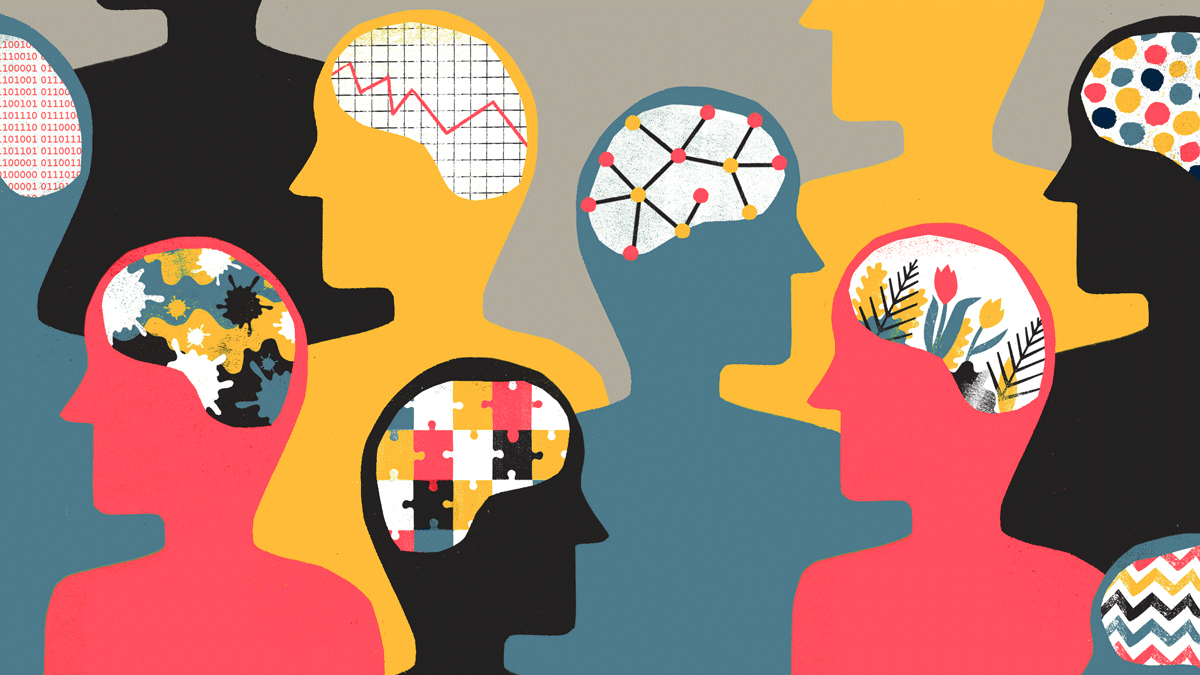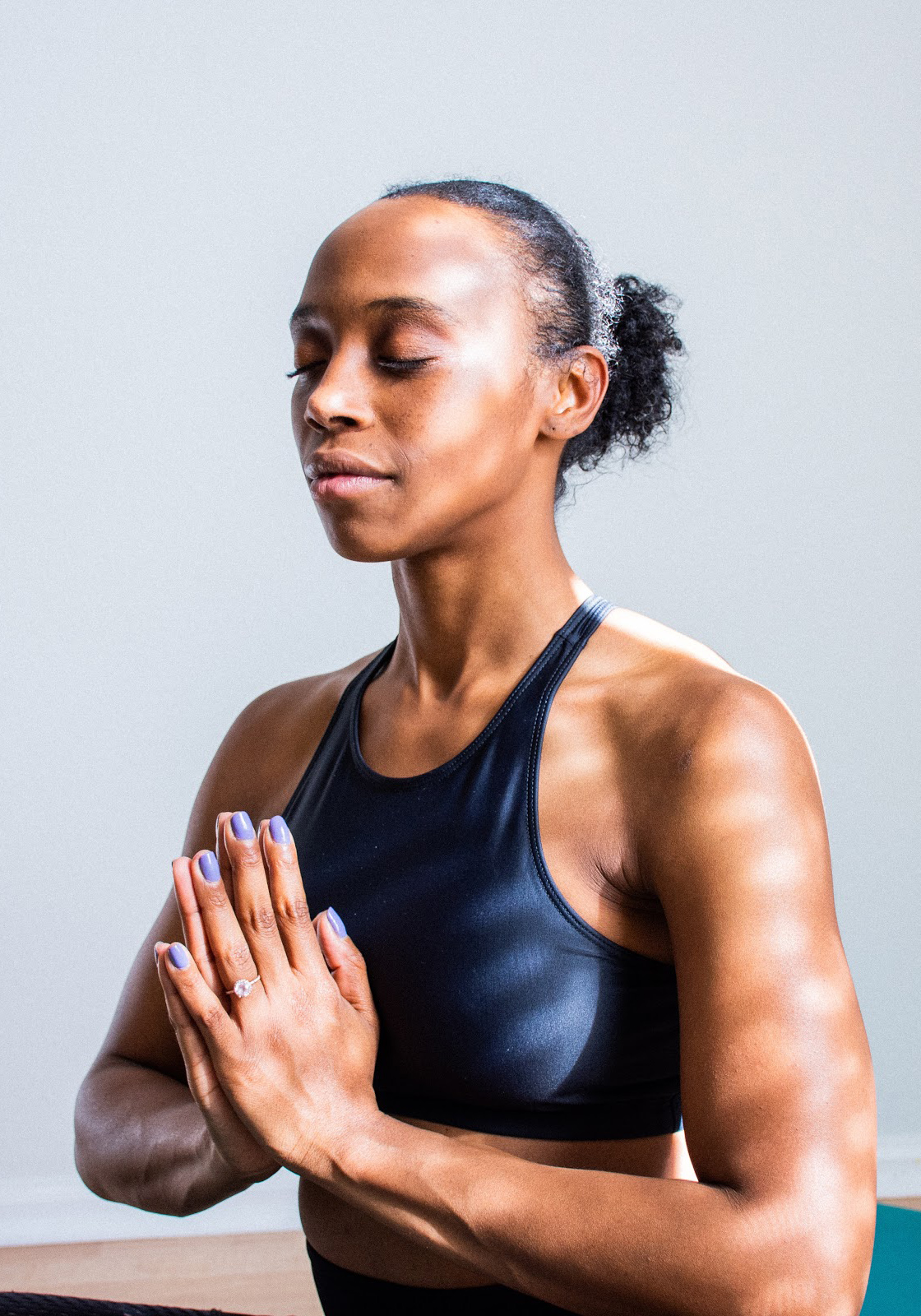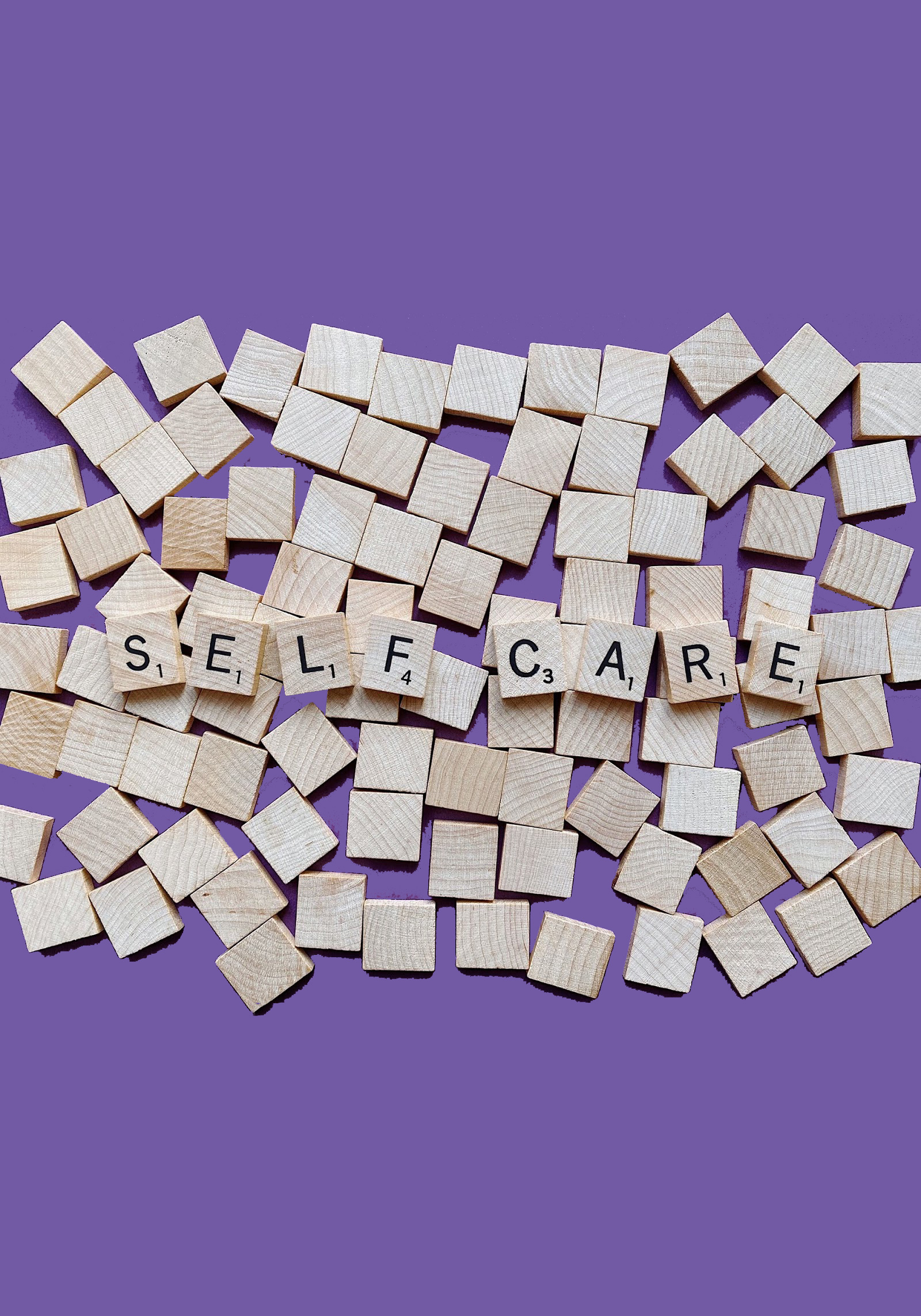Everything you need to have a champion's mindset
MENTAL HEALTH IN SPORTS

Mental health in sports is more relevant than ever. Following the COVID-19 pandemic and the 2021 Olympics, athletes are speaking out more than ever and standing up for themselves from Simone Biles to Robin Lehner.
Our society has also continuously put a stigma around struggling with mental health. We want to be seen as strong and tough and capable, but we often forget that anxiety, depression, and other mental illnesses don’t negate any of those feelings. Misconceptions about mental health cause a massive disruption in a player’s ability to talk to someone and get the help they need.
Morgan Urso, a teenage athlete and mental health advocate, experienced this firsthand when her hockey coach removed her from the team after she talked to him about how she was struggling. Since then, she has been on a mission to help reduce the stigma of mental health in sports in collaboration with the #SameHere movement.
“I’ve learned from Eric at SameHere that stigma is a word that shouldn’t be used because it divides groups even though mental health is something 5in5 people deal with every day. Once everyone understands that mental health is something that everyone deals with on varying levels it helps us say “same here” when teammates share their struggles.” Morgan shares.
The bottom line is the more we can openly talk about our struggles, the more support we will gain from each other, and the more we will learn about how to handle mental health.
“There is a lot about sports that can be both helpful and detrimental to your mental health. When your coach creates a safe space to feel supported where you can talk about how you are feeling, it creates a culture and community of support for you and your teammates. If that isn’t the case it can be very hard to balance sports and mental health,” Morgan adds. “Athletes just have to be honest. Ask for breaks or help when they need it. If they don’t feel like they are being heard then they have to find adults who can help them get the support they need.”
Learn more about Morgan and her work to destigmatize mental health here.
Tweet


